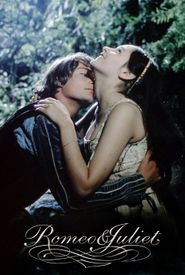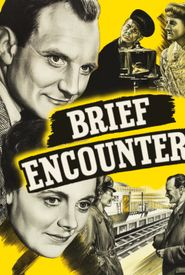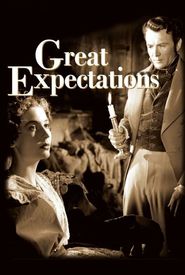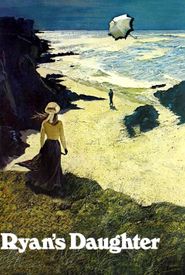Anthony Havelock-Allan was a renowned British film producer who made a significant impact on the British film industry. He produced some of the most critically acclaimed and commercially successful films of the time, including "In Which We Serve" (1942),"Brief Encounter" (1945),"Blithe Spirit" (1945),and "Great Expectations" (1946).

Anthony Havelock-Allan
Deceased · Born: Feb 28, 1904 · Died: Jan 11, 2003



















